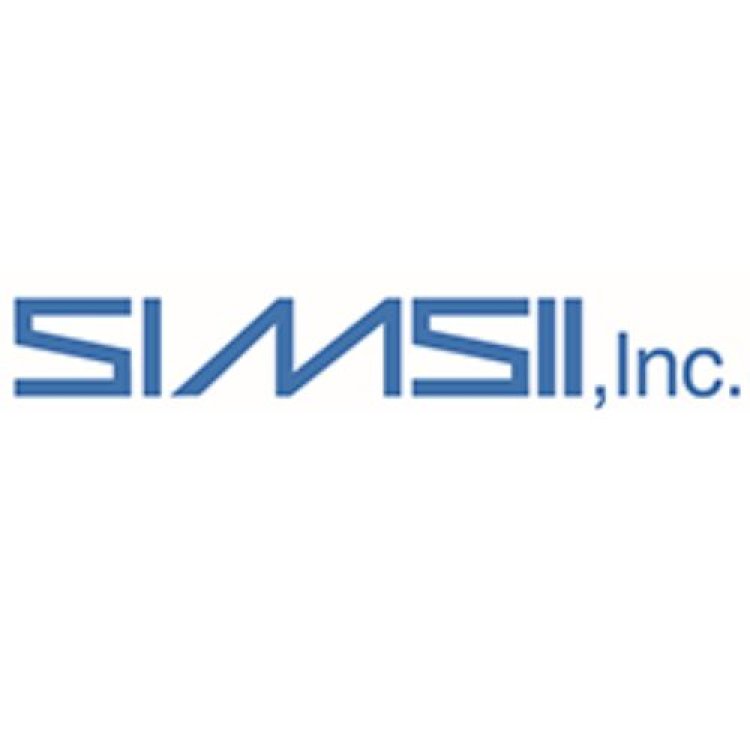In today's world, where efficiency and precision are paramount, filtration systems play a crucial role across a multitude of industries. Whether it's in pharmaceuticals, food and beverage production, or water treatment, the demand for effective filtration solutions is ever-present. Among the myriad of filtration technologies available, PES filters stand out for their exceptional performance and versatility.
Polyethersulfone (PES) filters have gained significant traction due to their unique properties that make them suitable for a wide range of applications. In this article, we delve into the intricacies of PES filters, exploring their composition, working principle, applications, and advantages.
PES filters are composed of polyethersulfone, a polymer known for its excellent thermal stability, mechanical strength, and chemical resistance. These filters typically consist of a porous membrane made from PES, which acts as the primary barrier for separating particles from the fluid stream.
The versatility of PES filters makes them indispensable in various industries:
-
Pharmaceuticals: In the pharmaceutical industry, maintaining product purity is of utmost importance. PES filters are extensively used for sterile filtration of drug formulations, biological solutions, and parenteral drugs. Their ability to remove microorganisms and retain particles ensures the safety and efficacy of pharmaceutical products.
-
Biotechnology: PES filters find widespread applications in biotechnology for clarifying and sterilizing solutions containing proteins, enzymes, vaccines, and cell culture media. Their low protein-binding properties make them ideal for filtration processes where protein recovery is critical.
-
Food and Beverage: In food and beverage production, PES filters are employed for clarifying liquids, removing microorganisms, and ensuring product quality. They are commonly used in the filtration of beverages such as beer, wine, juices, and soft drinks, as well as in dairy processing and sugar refining.
-
Water Treatment: PES filters play a vital role in water treatment applications, including potable water purification, wastewater treatment, and desalination. They effectively remove suspended solids, bacteria, and other contaminants, producing clean and safe drinking water.
-
Chemical Processing: PES filters are utilized in chemical processing industries for separating and purifying various chemical compounds, solvents, and reagents. Their chemical compatibility and resistance to aggressive fluids make them suitable for a wide range of chemical filtration applications.
The widespread adoption of PES filters can be attributed to several key advantages:
-
High Filtration Efficiency: PES filters offer excellent particle retention capabilities, ensuring efficient removal of contaminants from fluids.
-
Chemical Compatibility: PES filters exhibit resistance to a broad range of chemicals, making them suitable for filtration processes involving aggressive fluids.
-
Low Protein Binding: PES filters have minimal affinity for proteins, reducing the risk of sample loss or interference in biopharmaceutical applications.
-
Thermal Stability: PES filters can withstand high temperatures without compromising their structural integrity, allowing for sterilization by autoclaving or steam sterilization.
-
Mechanical Strength: PES filters possess robust mechanical properties, enabling them to withstand high differential pressures and maintain filtration performance over extended periods.
-
Sterilizability: PES filters can be easily sterilized using various methods, including autoclaving, gamma irradiation, and chemical disinfection, ensuring the sterility of the filtrate.
In conclusion, PES filters represent a versatile and reliable filtration solution across a wide range of industries. Their unique combination of high filtration efficiency, chemical compatibility, low protein binding, and thermal stability makes them indispensable for critical applications where purity, quality, and reliability are paramount.

















